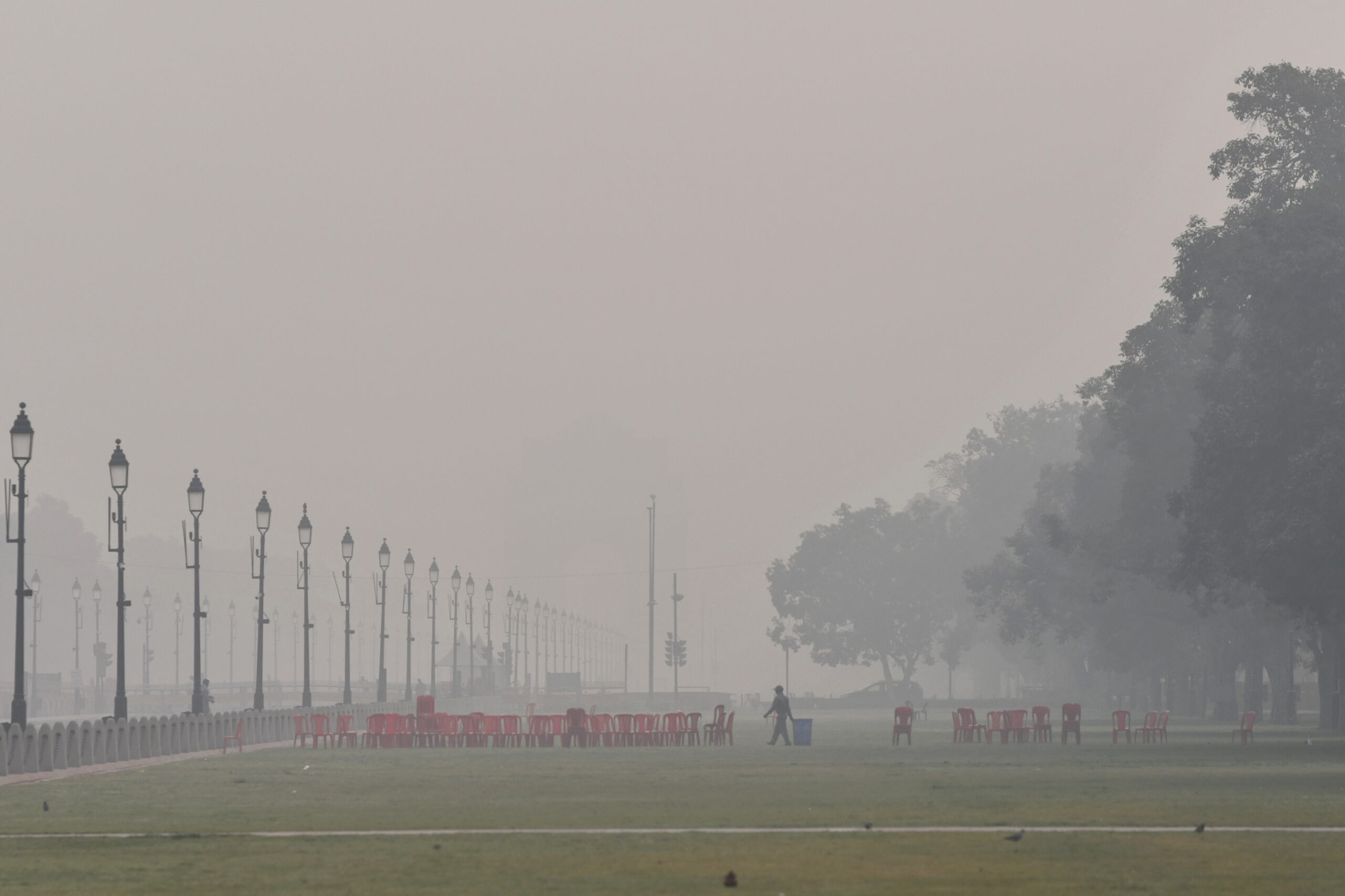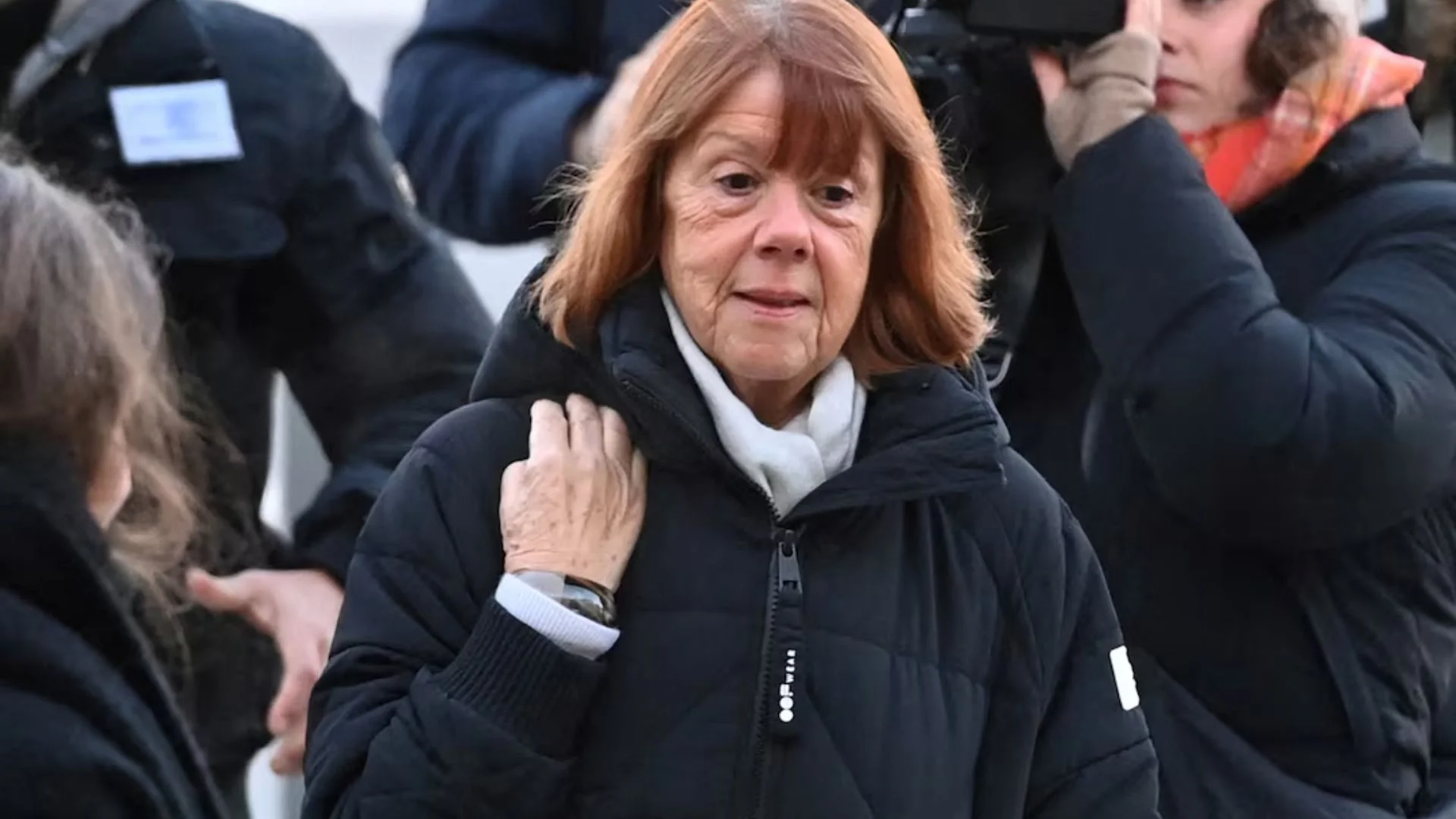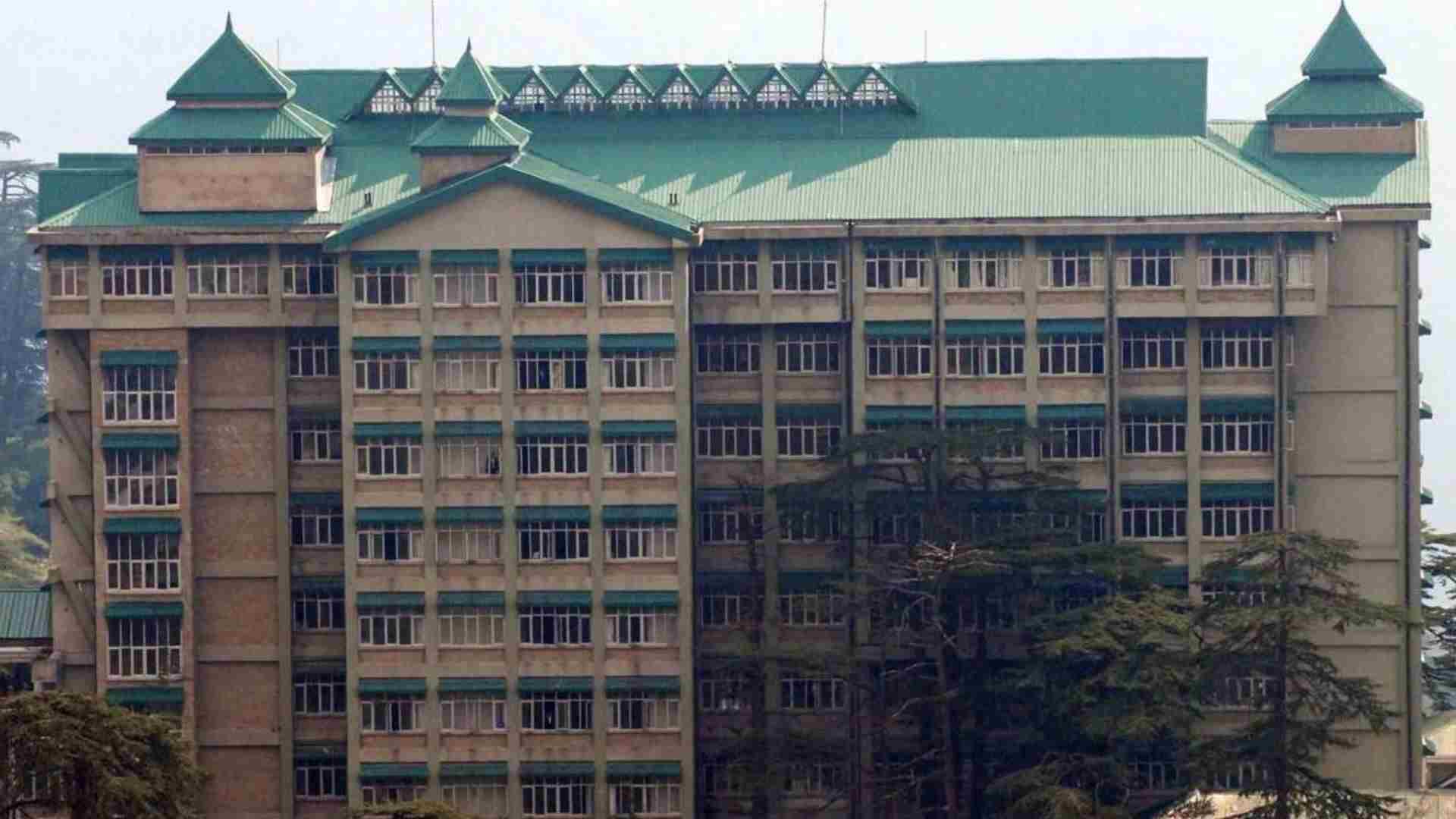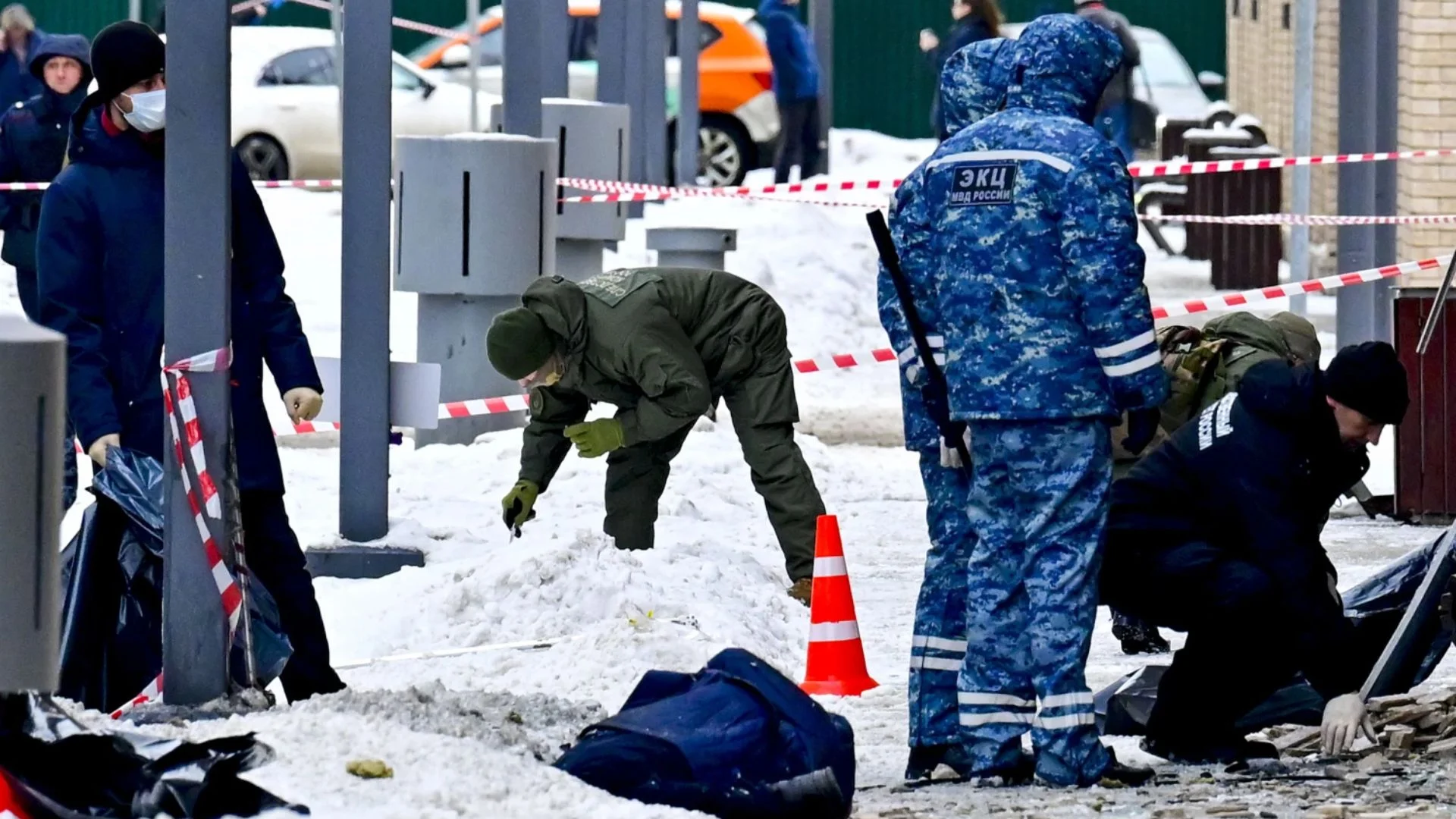
Following the rainfall on Friday, there was a slight improvement in Delhi’s air quality on Saturday. The air quality, which was previously categorized as ‘Very Poor’ by the Central Pollution Control Board (CPCB), has now improved to the ‘Poor’ category.
According to the AQI recorded at 7 am on Saturday, Anand Vihar was at 295, RK Puram at 230, Punjabi Bagh at 244, and ITO at 263. Despite recent rains offering a slight respite, Delhi’s air quality continues to be a matter of concern. A local resident and morning walker at Kartavya Path noted, ‘After the rains, the pollution has slightly decreased but the bad air quality condition persists. We are still facing some problems in breathing.’
The overall air quality in Delhi at 7 am on Friday was 407, according to data by the government’s air-quality monitoring agency, SAFAR. The Air Quality Index recorded at 10 am was 361, which, according to the index range, falls in the ‘Very Poor’ category but showed a slight improvement from the “Severe” category.
According to the data released by the Central Pollution Control Board (CPCB), two stations recorded ‘severe” AQI. Major Dhyan Chand National Stadium had an AQI of 407 at 10 am on Friday.
At Shadipur, the AQI was at 405. Among the areas that had a ‘Very Poor’ air quality index were Sonia Vihar at 399, Ashok Vihar at 390, Bawana at 389, Wazirpur at 385, ITO and Jahangirpuri both recorded 381 AQI, and Vivek Vihar recorded an AQI of 380.
There was also a dip in the levels of pollutants PM 2.5 and PM10 after 4 am across the national capital and surrounding areas.
For the next two days post-Diwali Sunday, the weather department has forecast a partly cloudy sky with mist or shallow fog in the mornings and thereafter, for the subsequent two days, it has forecast a mainly clear sky with shallow fog in the mornings.
The Delhi government is making efforts to execute anti-pollution measures, and it is also considering the idea of ‘artificial rain’ to curtail the pollution issue. Several ministers of the Aam Admi Party were also seen on the ground on Thursday night inspecting the execution of anti-pollution initiatives. Currently, Stage IV of the Graded Response Action Plan (GRAP) has been implemented in the national capital.















